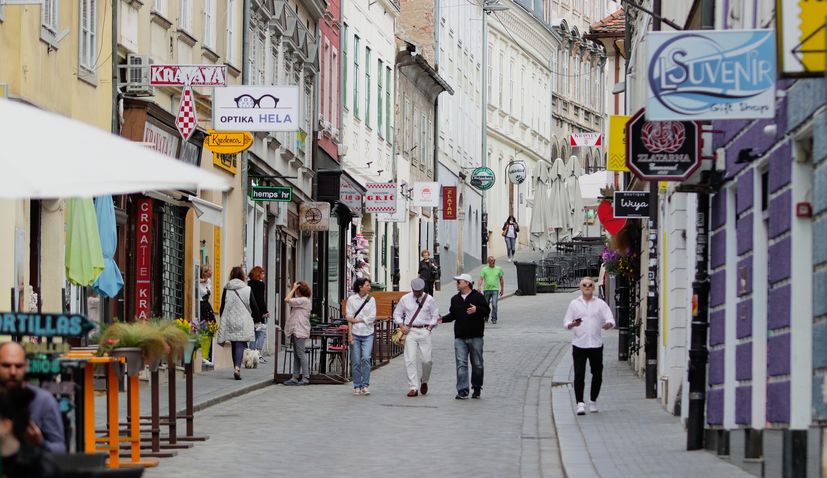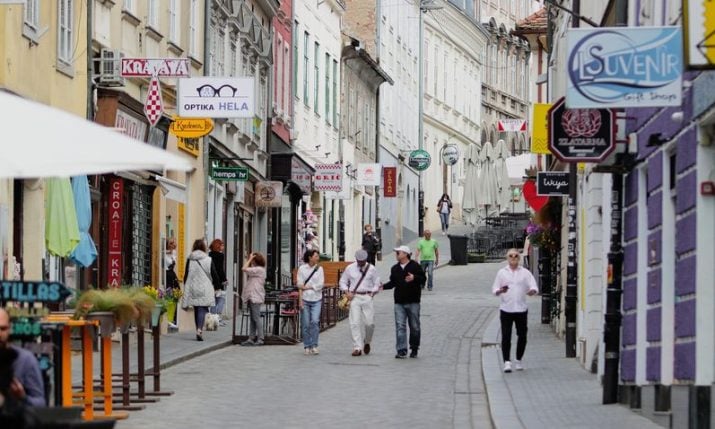by croatiaweek
July 18, 2025
in

Zagreb
BRUSSELS, 18 July 2025 (Hina) – The European Commission has proposed €16.8 billion for Croatia under the next seven-year European Union budget, covering the period from 2028 to 2034.
The funds are part of national and regional partnership plans, which include support for cohesion, agriculture, migration, and climate protection.
Out of the €16.8 billion, €1.3 billion has been earmarked for migration, security, and internal affairs.
A further €1 billion will be directed towards climate protection initiatives.
The proposal was announced on Wednesday as part of the European Commission’s draft EU budget for 2028 to 2034, which totals €2 trillion.
A significant portion of the budget, 48 percent or €865 billion, is allocated to national and regional partnership plans.
These plans are the main channel through which each member state receives its share, similar to how recovery and resilience funds were distributed in the current budget cycle.
These funds will support various areas, including cohesion policy, rural development, fisheries and coastal areas, border management, social policy, food security, migration, and internal security.
In the current Multiannual Financial Framework (MFF) for 2021 to 2027, Croatia’s allocation was slightly under €15 billion. The new proposal marks an increase in EU support for the country.
In addition to national allocations, member states will be able to access other parts of the EU budget, such as the €450 billion Competitiveness Fund. This fund will support innovation, investments in resilience, security, defence industries, and space technologies.
Within this fund, €131 billion is specifically set aside for defence and space investment.
This proposal marks the start of what is expected to be a lengthy negotiation process, likely to take at least two years. The first round of discussions begins today in Brussels at a meeting of EU ministers for European affairs.
Denmark, which currently holds the rotating presidency of the EU Council, plans to prepare the first draft of the negotiation framework by the end of the year.
EU leaders are expected to discuss the framework at a summit in the second half of December.
